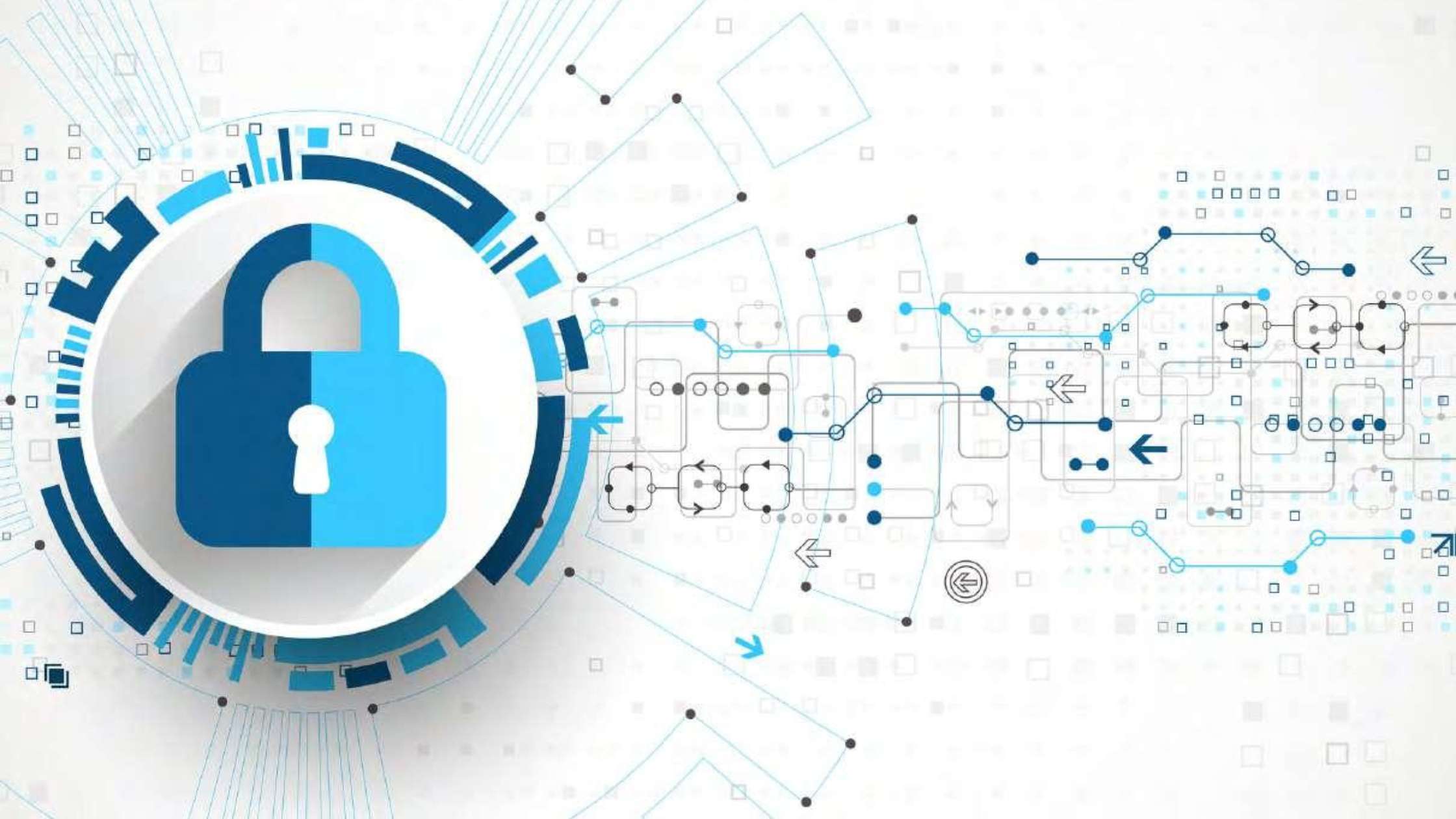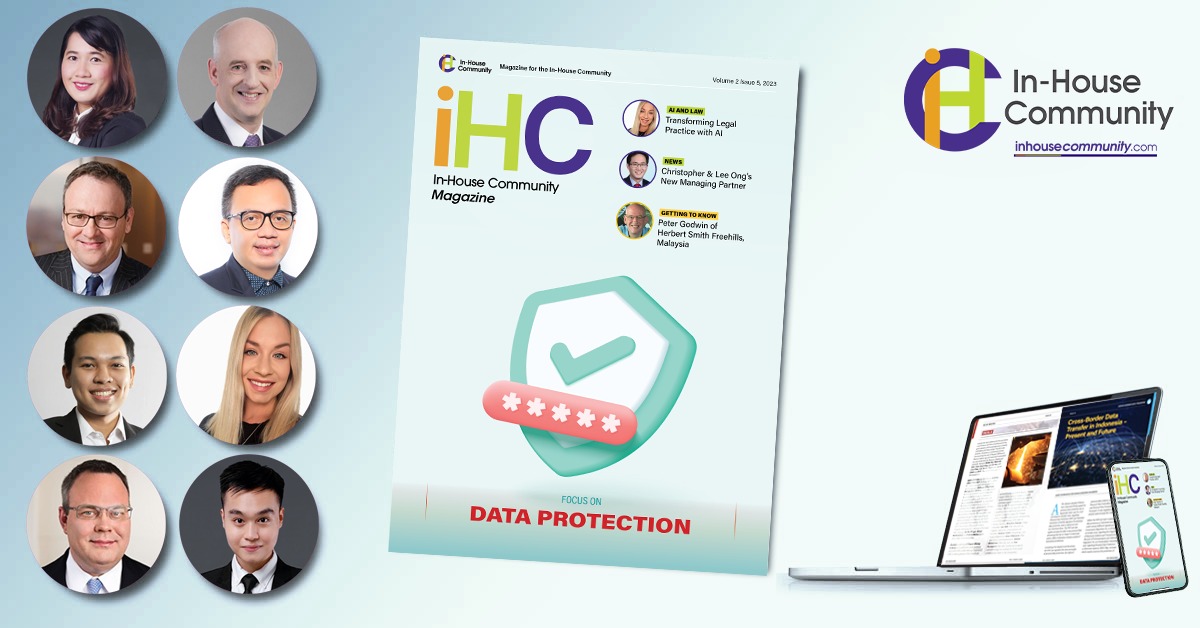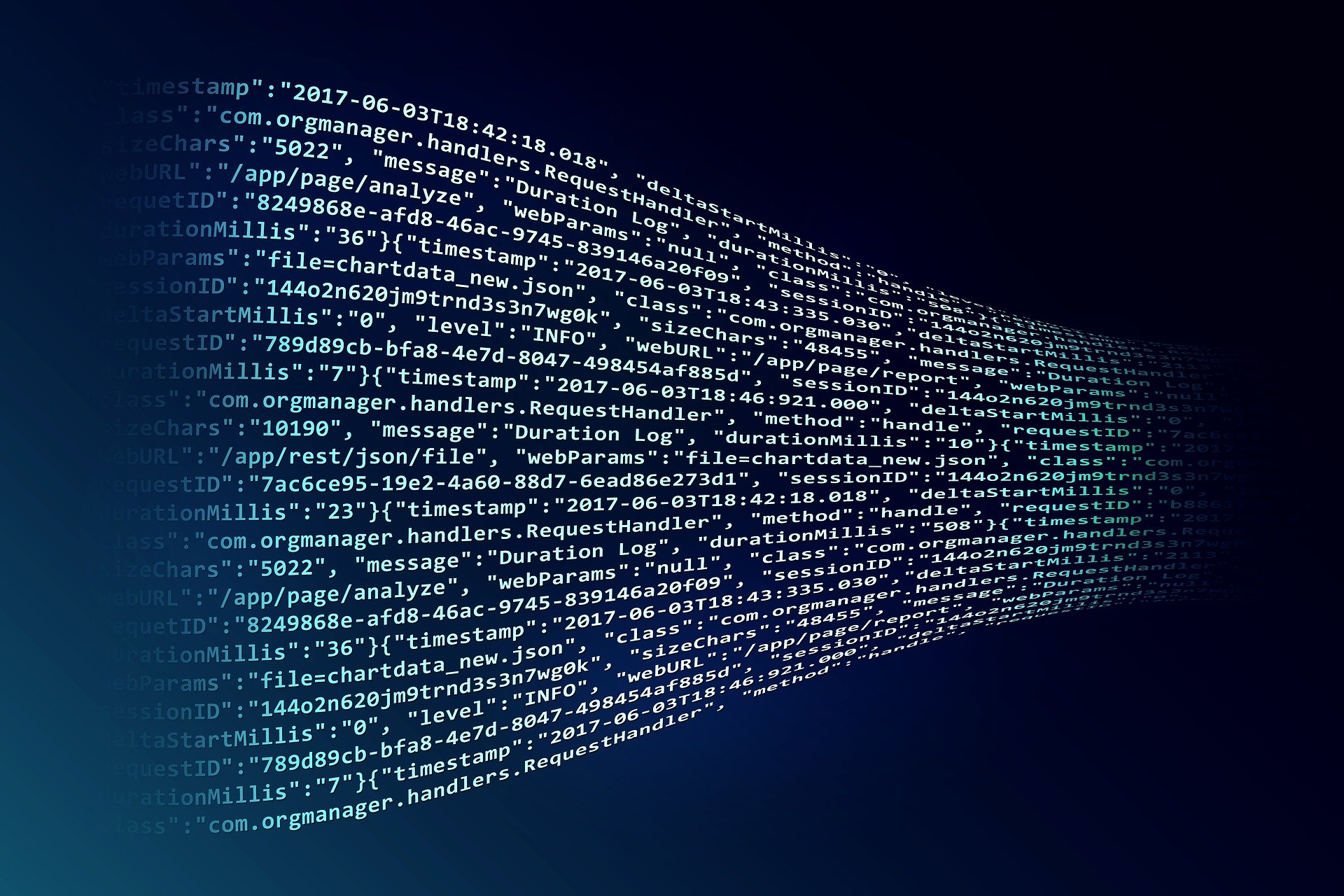May 9, 2023
An Exploration of Data Protection and Cybersecurity Developments in the Digital Economy Era : How China, India, Vietnam and Thailand are keeping up with digital evolution In today’s digital age, data protection and cybersecurity are becoming increasingly important world over. The Asian legal landscape, being no exception, is ushering in an enormous amount of change – with privacy laws anticipated, by the end of this year, to have grown by 25% since 2021. With the rise of technology, sensitive data is being collected and stored at an unprecedented rate, making it vulnerable to cyber-attacks. This is especially true in countries like China, India, Vietnam and Thailand that are experiencing rapid growth in their digital economies. Here, we shine a spotlight on these countries and explore the latest changes and upcoming amendments to their data protection and cybersecurity laws and regulations. China With the ever-accelerating growth of technology, comprehensive data protection and cybersecurity laws in China have become crucial. In recent years, the Chinese government has implemented a number of changes to its laws in order to protect citizens’ personal information and ensure that companies are compliant with international standards, such as the European Union’s General Data Protection Regulation (GDPR). These changes include new regulations on data collection, storage, usage and cross-border data transfers; increased penalties for violations; and improved enforcement mechanisms. In 2021, China enacted its comprehensive data protection “rulebook”, the Personal Information Protection Law (PIPL) which, while neither as prescriptive nor as detailed as the GDPR, imposes strict requirements on companies that collect and use personal information, and gives individuals greater control over their own data. For example,... April 26, 2023
The interactive edition of the April 2023 issue of In-House Community (IHC) Magazine is now live (below). In this issue, we delve into updates on data protection and cybersecurity in the region. We consider recent developments in laws and regulations in China, India, Vietnam and Thailand, with valuable input from Debevoise & Plimpton and Tilleke & Gibbins. We further hear about cross-border data transfer in Indonesia after the introduction of its new law on personal data protection, covering both electronic and non-electronic forms of data (SSEK). We additionally garner insights on factors shaping data privacy and protection environments for businesses today, and what important questions boards should be asking to manage their risk (Praxonomy). In keeping with this digital theme, we take a look at the use of artificial intelligence in legal practice, including magic circle firm, Allen & Overy’s, introduction of Harvey. Our regular column updates for the issue include: A Q&A with a stalwart of the dispute resolution/arbitration field, Peter Godwin. He generously shares some insights on leading an auspicious career, being open to opportunities and embracing diversity. We also cover last month’s top deals, partner level moves, and latest legal industry news. For any feedback, Q&A opportunities, article or advert booking in our upcoming issues, please email me directly at... September 22, 2022
The latest current Law on Cybersecurity of 2018 applies strict network security protection regulations, along with rules for handling violations in order to improve order maintenance and network security protection. The goal being to create a healthy and safe cyberspace for Vietnamese citizens. What is the Cybersecurity Law of 2018? The Cybersecurity Law of 2018 consists of 7 chapters with 43 articles of law that strictly regulate national security protection activities. These are the responsibility of the relevant agencies, individuals and organizations that ensure the safety and security of society on cyberspace. When did the Cybersecurity Law of 2018 take effect? On June 12, 2018, after receiving 87% of votes from the National Assembly deputies, the Law on Cybersecurity of 2018 was passed and officially took effect on January 1, 2019. Highlights of the Law on Cybersecurity of 2018 Some highlights of the 2018 Cybersecurity Law include: It is strictly forbidden to post false information According to Article 8 of this Law, the following acts are strictly prohibited in the network environment: Acts of violation of the law on national security, social order and safety specified in Article 18.1 of this Law; Organizing, operating, colluding, instigating, bribing, deceiving, enticing, and training people against the State of the Socialist Republic of Vietnam; Distorting history, denying revolutionary achievements, undermining the great national unity bloc, insulting religion, discriminating based upon gender or race; Disseminating false information that causes confusion among the people, causes damage to socio-economic activities, causes difficulties for the operation of state agencies or those that perform official duties, infringes upon the legitimate rights and interests of the people, or... April 8, 2020
It is clear that change is coming to the enterprise-focused legal profession – the data explosion, security and privacy ... October 26, 2018
Organisations need to recognise that information security is a question of risk and step up defences now .. By Firm
Key Person Profile
Upcoming Events
Recent Past Events







 Kroll
Kroll Tadashi Kageyama
Tadashi Kageyama







